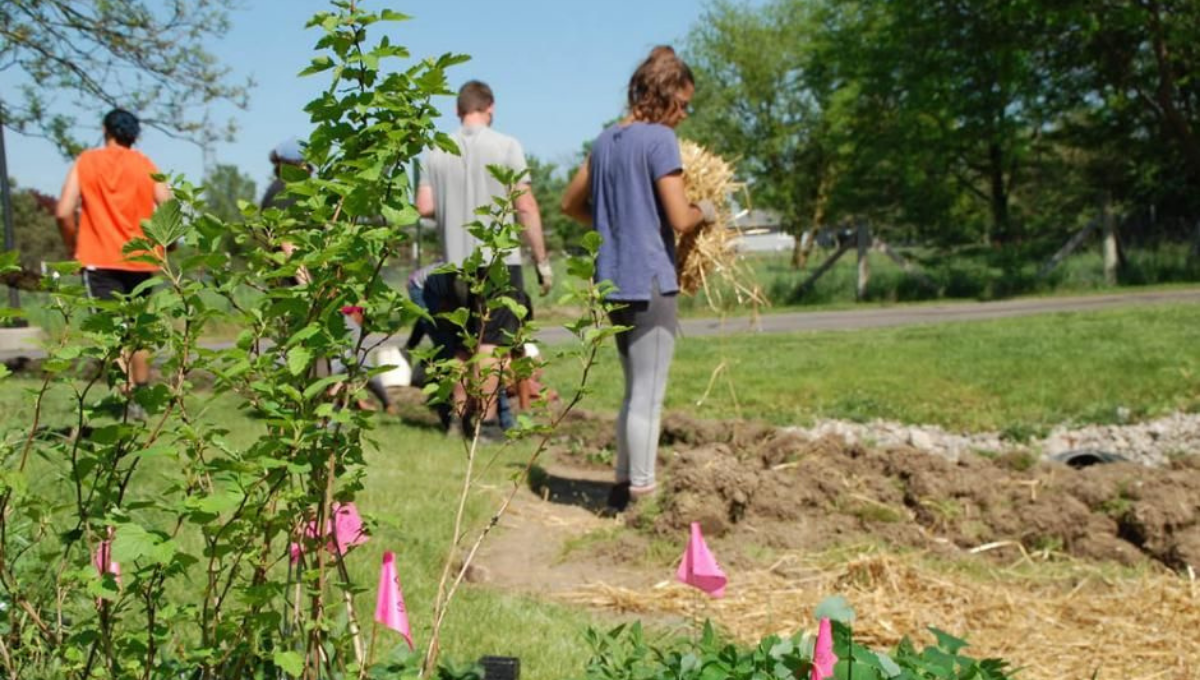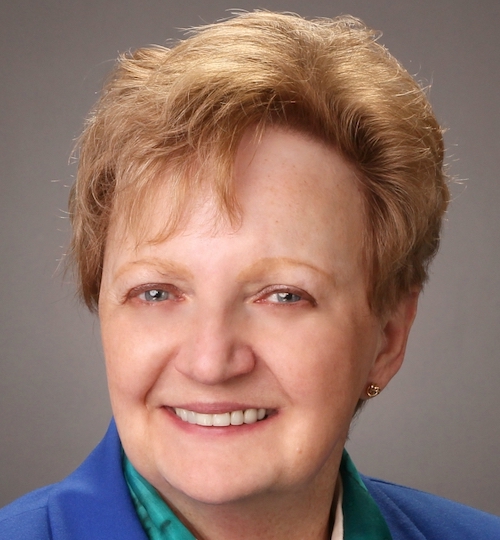
Donna L. Ciangio is a Sister of St. Dominic of Caldwell, New Jersey. With an academic background in fine arts, religious studies, education and ministry, she has been the director (U.S. and international) of Renew International and the director of pastoral services for the National Pastoral Life Center. She has worked extensively in church leadership consultation. Most recently, she has been a university adjunct professor and the chancellor of the Archdiocese of Newark, New Jersey. She speaks, writes and publishes extensively.
Does your congregation take a vow or promise in addition to or aside from the vows of poverty, chastity and obedience? If you were designing religious life anew for our day and time, would you invent another vow? What would it be and why?
Religious life is changing, we all know that. We see change all around us. For the future, I see not necessarily new vows, but maybe particular intentional focuses on how the vows allow us to be free to serve the world.
Many moons ago, as a newly professed sister, I went to a conference for artists at a Dominican motherhouse. An older sister checked me in and for some reason said to me, "Remember, our ministry as religious is to form the laity to take their rightful place in the church."
I admit, I did not know what she meant, but it stuck with me for my whole ministerial life and captured my imagination, and influenced me in the ways I was and am called to serve.
As Dominicans, we have been formed with a focus on contemplation, study for truth, preaching, and action for justice. I would say that these are not only values but ways of living.
Do these constitute vows? In some ways, yes. Jesuits emphasize contemplation and action and seeing God in all things. The Jesuits' Magis experiences for young people forms them in the ways of experiencing social needs that help them understand working for justice. Sisters of Charity, with a focus on the poor, follow the vision of St. Vincent de Paul with "boundless charity," whether they are in teaching, medical or justice ministries. Along with myriad justice efforts, many communities of sisters are involved in working toward sustainability for the Earth and reversing climate change.
All of these continue to be intentional ways of living out the vows in practical practice.
The Gospel message is timeless, and we need to interpret and preach about the words and actions of Jesus in our age. Religious can step up and share their charisms of preaching, education and formation, service to the poor — and move the church forward.
I invited other religious to share what they thought a fourth vow could be, and they all said, "We have three great vows that need a depth of understanding in our contemporary time." They also emphasized the importance of living the charism of the order, society or congregation passionately and daringly.
The vows we make in religious life are there to help us serve more freely. But the promises or vows at baptism, which all Catholics renew each year, are the clarion calls to discipleship: to be the hands, feet, eyes and ears of Christ. As Teresa of Ávila explained, "Christ has no body now on Earth but yours."
Going back to the formation and rightful place of the laity, I certainly understand what that older sister was saying to me now. As I look over the amazing ministries I have been privileged to work in and the thousands of people all over the world that I trained, I understand that all have a place and need to have a voice in the church.
The upcoming synod on synodality called by Pope Francis will hopefully do just that: hear the voices of the laity (and religious) in each country. Not only hear, but listen to the experience of people: their longings, pain, and desires for a church that is able to respond to our rapidly changing times.
So maybe a contemporary focus on living the vows today and in the future should be to broaden our call as religious and focus on forming disciples, continuing to accompany others to know Christ and continue his mission to renew the face of the Earth. This is sorely needed!
We’re delighted to share with you this blog from the monthly feature “The Life” courtesy of our friends at Global Sisters Report. This month, The Life panelists took a step back to look at vowed life from other perspectives. They speculated about the purpose of vows, how the concept of a vow might be broadened, and what new vows might be appropriate for today. They addressed these questions: Does your congregation take a vow or promise in addition to or aside from the vows of poverty, chastity and obedience? If you were designing religious life anew for our day and time, would you invent another vow? What would it be and why? CLICK HERE to read more blogs from The Life series, GSR’s monthly feature about the unique, challenging, and very specific lives of women religious around the world.
Image Above: Students from Siena Heights and Barry Universities plant a rain garden in the Adrian Dominicans' permaculture gardens as part of the Environmental Leadership Education program. The garden catches rainwater runoff from a parking lot, filters it, and allows it to soak into the soil. (Courtesy of the Adrian Dominicans/Ashley LeVigne)